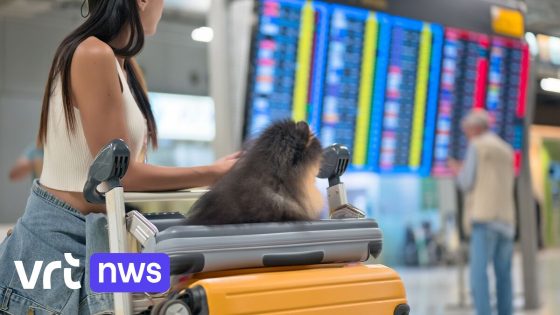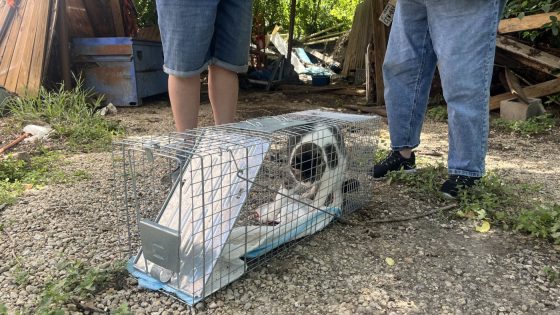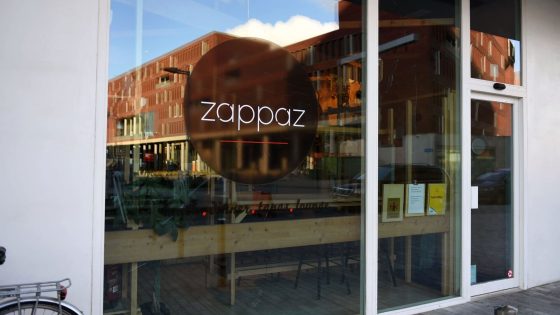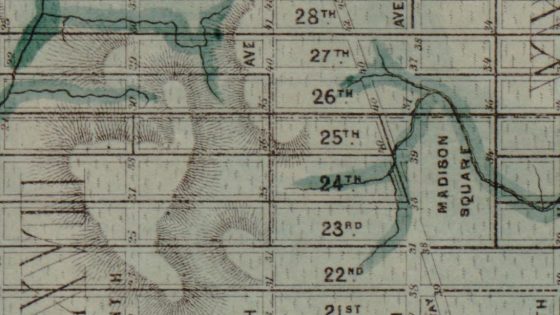Hidden animal trafficking via social media groups is becoming a growing concern in Belgium. The Federal Agency for the Safety of the Food Chain (FAVV) recently issued a warning about this issue, which primarily involves Facebook communities. People are asking travellers to bring dogs and cats into Belgium without declaring them for official checks.
- FAVV waarschuwt voor verborgen dierenhandel
- Socialemediagroepen gebruiken voor illegale handel
- Reizigers gevraagd honden en katten mee te nemen
- Dieren worden niet aangemeld voor controle
- Illegale invoer vindt vooral via Facebook plaats
- FAVV controleert terugvluchten op dierenhandel
This covert practice bypasses the necessary controls designed to protect animal health and public safety. On 2025-07-30 07:23:00, the FAVV highlighted how these undeclared pet transports risk spreading diseases and violating regulations. How can Belgian authorities better tackle this challenge? And what should travellers know before agreeing to carry animals?
Understanding the risks behind undeclared animal imports is crucial for everyone involved. Here is a brief overview to clarify the situation and its impact on Belgium.
Why do hidden animal transports via social media matter? They undermine Belgium’s biosecurity and complicate official monitoring efforts. This practice raises important questions about responsibility and awareness among travellers and social media users.
- Undeclared animals bypass FAVV health checks, risking disease introduction.
- Facebook groups facilitate informal requests, making enforcement harder.
- Travellers may unknowingly participate in illegal animal trade.
- Awareness and clear regulations are key to preventing these incidents.
Moving forward, it is essential that travellers verify any requests involving pets and report suspicious activities. Strengthening public awareness campaigns and monitoring social media channels can help Belgium safeguard animal welfare and public health more effectively.































